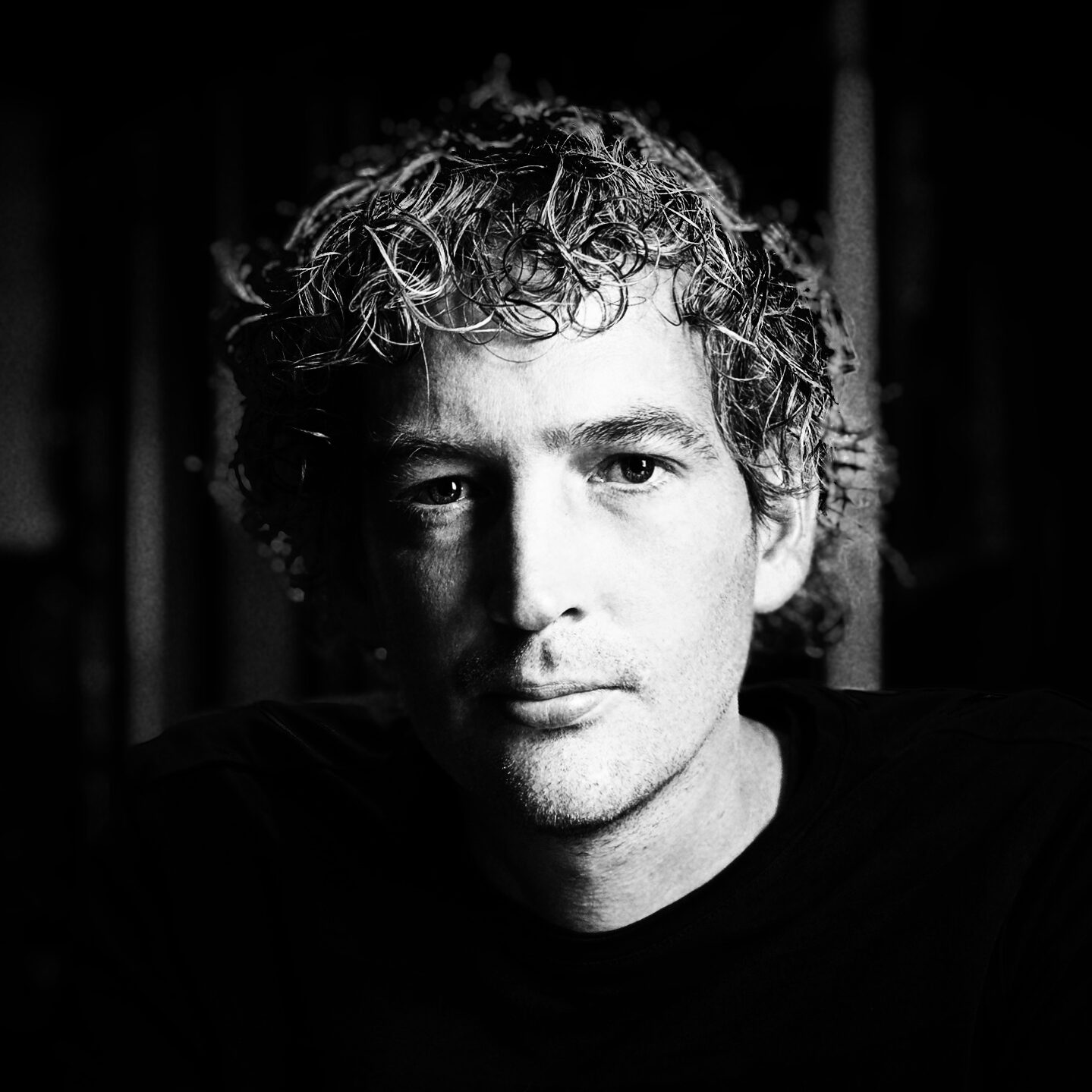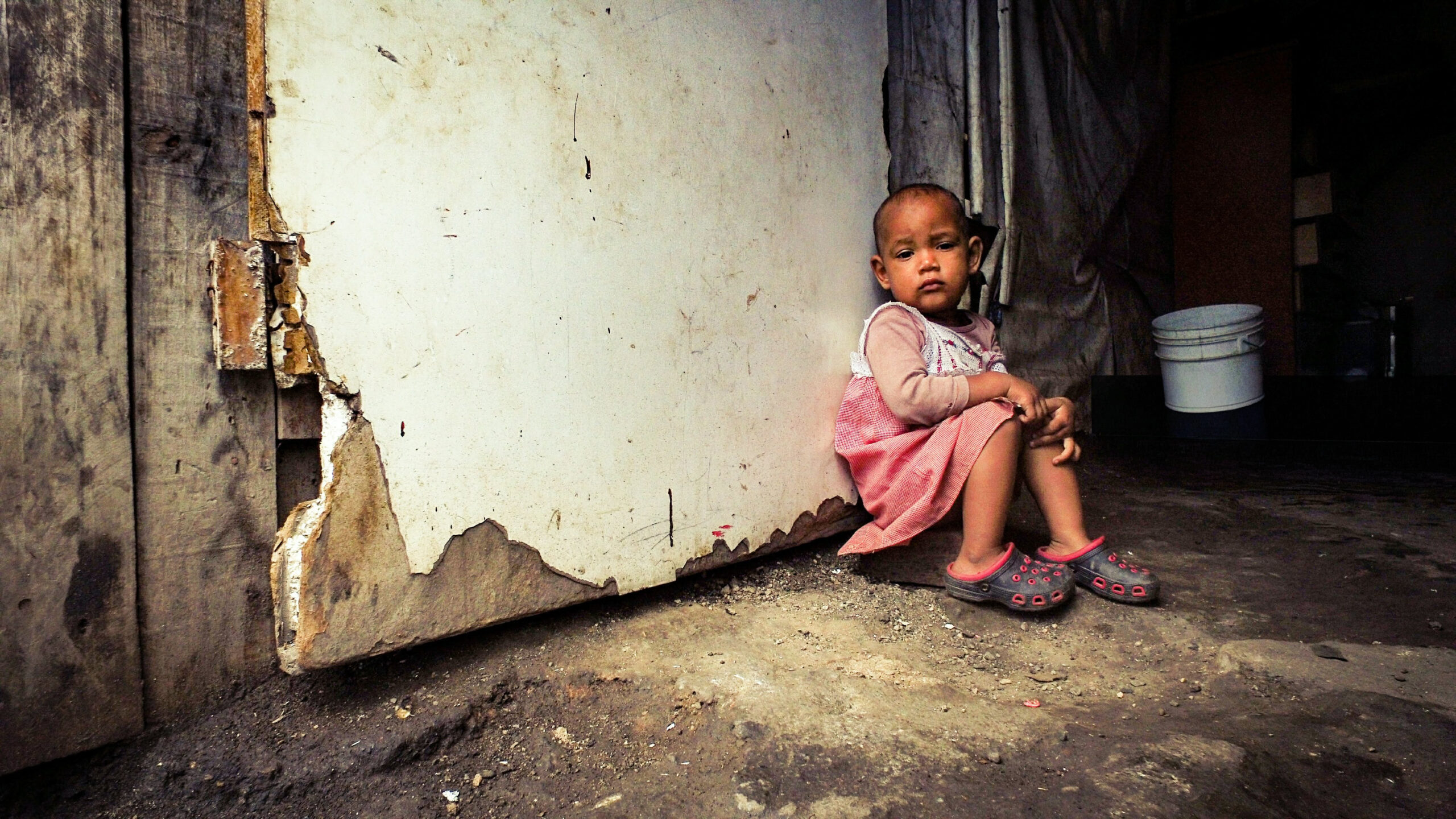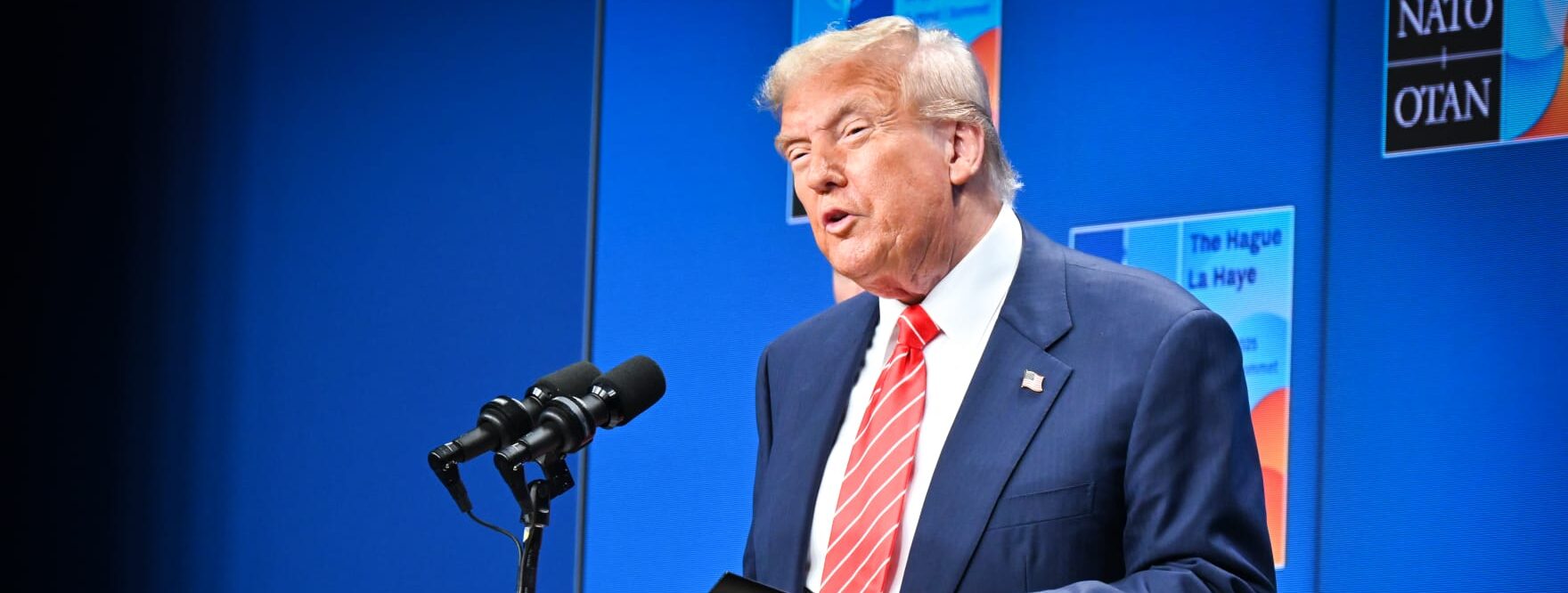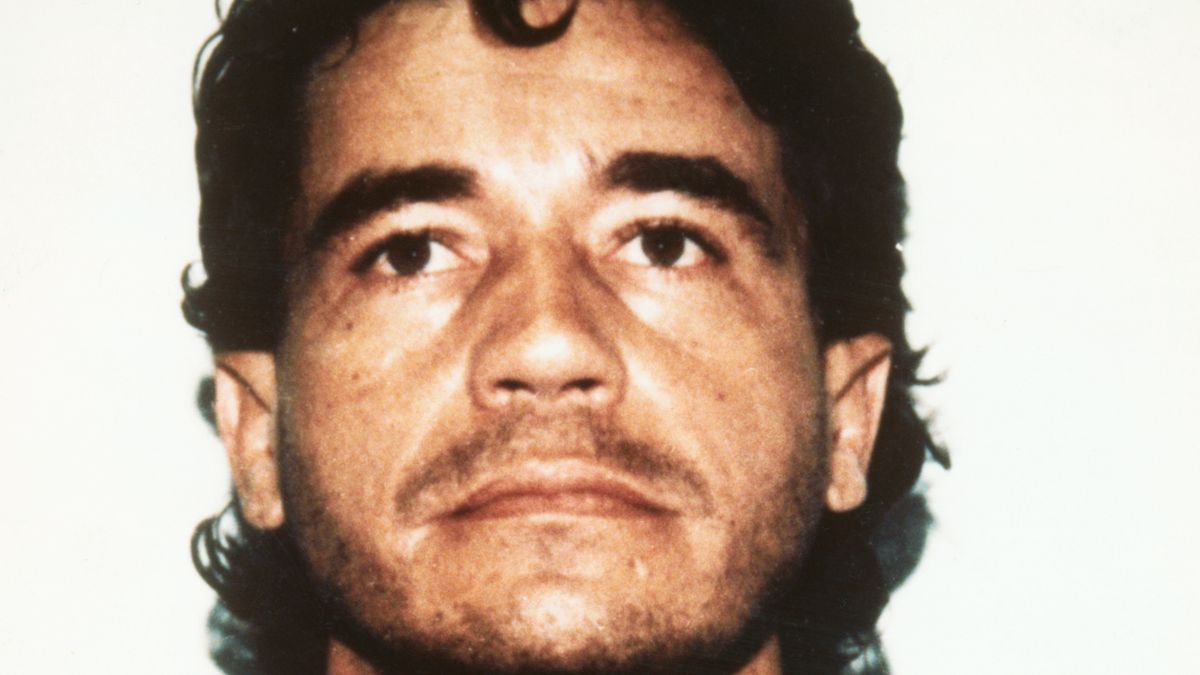Simultaneous chess at a high diplomatic level, focusing on corruption, oil and human rights. How a summit no one wanted to go to became the hippest summit of all time.
An intriguing but frightening spectacle is unfolding these days in Latin America. This coming days in Panama is the 7th Summit of the "Americas. A summit that brings together the leaders of 35 countries, including the Americas, Venezuela, Cuba and Guyana. What first seemed to be a boring meeting in Panama, with many cancellations, has suddenly become a hip summit that you 'must' attend as a country due to the developments of the past few weeks surrounding Cuba and Venezuela. The stakes of this summit are high for some countries, and prior to 'the summit' the game of chess is already in full swing. Simultaneous chess, that is.

What developments
America is disappointed in Venezuela. Things have not been going well between America and Venezuela for some time, but right now America believes Venezuela is violating human rights. Venezuela needs America, as a major economic partner. America, in turn, has an oil interest in Venezuela.
Venezuela is angry with America for imposing sanctions on Venezuelan officials allegedly involved in human rights violations. President Obama also called Venezuela a threat to U.S. national security. Obama later nuanced this but for Venezuelan President Maduro it was too late. He feels that "imperialist" America is interfering too much in their country's course of action. Especially left-leaning countries in South America agree with Venezuela and want Obama to take back his words.
Venezuela, meanwhile, is also angry with Guyana. For a long time there has been a disagreement between these neighboring countries over a large piece of land. An American company has now started pumping oil in that area. Venezuela does not want this and is demanding the area back, but Guyana is not giving in to this. Guyana is getting a lot of support from other Caribbean Community (CARICOM) countries because, in their eyes, Guyana is defending its sovereignty.
No more money for friends
Venezuela has a problem. Economically things are going very badly, crime is at an all-time high and the president's popularity is falling rapidly. The money is running out, so the supermarkets are empty and many financial obligations can no longer be met. Through the Petrocaribe oil program, 17 countries have been able to get cheap oil from Venezuela for the past 10 years, even with deferred payments. The Petrocaribe oil program had been started by Chavez in 2005, with Cuba also happily participating. For years this program went well and Venezuela was able to use it to help and engage many (especially smaller) friendly countries. But now Venezuela can no longer sustain this because of the major economic crisis at home. Venezuela is turning off the tap. 12 of the 17 countries fall under Caribbean Community (CARICOM), and obviously they are not happy to see their cheap oil disappear.
Maduro vs. Obama
Venezuela has expelled most of the US Embassy staff from Venezuela, accusing America of being involved in an attempted coup earlier this year. Venezuela expresses its frustrations first toward Obama. Thus, there have been several rallies against "imperialism," Maduro has been given a power-of-decree to defend against "an invasion" by America, and there have been large-scale military training exercises in Venezuela in case America invades.
The signature campaign
A few weeks back, Maduro started a signature campaign calling on Obama to take back his sanctions and words. It is said that government employees and students were required to sign and food was given in exchange for signatures. In several other countries, including Curaçao and Kenya, Venezuelan diplomats have been taken to task for calling on the country's people to also sign against Obama. Currently, Venezuela has collected nearly 10 million signatures. In all likelihood, Maduro will want to hand them over to Obama during the summit.
Sanctions lifted
Meanwhile, there is an interesting change in the relationship between America and Cuba: they are actually getting along better. After more than 50 years of feuding between the countries, it seems they can get through the same door together again. Sanctions are being lifted and there is even a chance that America will take Cuba off the list of countries that support terrorists. Cuba benefits from a better (trade) relationship with America, but Cuba is also Venezuela's best friend.
Cuba, the friendly enemy
Actually, Cuba has never had a role at the summit, but other countries have threatened to cancel the summit if Cuba did not get an invitation. So this is the first time Cuba will attend the summit. Sanctions were already lifted last year after long talks, and many also see this as a step toward a new relationship. President Obama and President Raul Castro will meet. Although there is no formal consultation scheduled between the two countries, it is expected to be more than just a shaking of hands. Cuba has given unconditional support to Venezuela in recent weeks in their rally against Obama - for example, they collected 3 million signatures for the anti-Obama signature campaign. Obama will not have forgotten that when he shakes Castro's hand.
Maduro VS Guyana
Maduro directed his anger over Obama's statement not only at Obama but also at neighboring Guyana, for example. Guyana and Venezuela have all long been fighting over a large part of Guyana's territory, but except for a few incidents such as a ship temporarily seized by Venezuela, things have remained fairly quiet about it in recent years. Until the moment Obama called Venezuela dangerous. Around that time, the American oil company Exxon decided to start drilling in an area just off the coast of Guyana (Shell, by the way, also owns 25 percent of this area). Venezuela promptly demanded over 150,000 km2 of land and sea back from Guyana, including, of course, the area where Exxon was drilling. Guyana reacted dismissively and let it be known that it would not give anything (back) to Venezuela. Venezuela decided to set its sights on Exxon and through a letter to the area manager informed them to stop immediately and not to interfere in the conflict with Guyana. Guyana is done with it, stating in a statement that Venezuela is not entitled to anything at all. The 15 countries of the Caribbean Community (CARICOM) know they support Guyana's sovereignty.
Petrocaribe
In recent years, the supply of that oil to members of Petrocaribe has halved. With CARICOM expressing support for Guyana's sovereignty, and thus opposing its oil friendship with Venezuela, America sees an opportunity to make new friends. Unexpectedly, then, Obama and the CARICOM countries met yesterday, a day before "the summit" in Jamaica to look at energy of the future together in a pre-summit. At the same time, America sent a senior diplomat to Venezuela to sit around the table. CARICOM's possible partner swap has not gone unnoticed by Venezuela either. In recent weeks, Venezuela has been going around CARICOM countries with the sack of St. Nicholas to pay old commitments and bring new presents.
Cards misplayed
Maduro briefly thought he held all the cards for the summit, as he has been demanding for weeks that Obama retract his words and sanctions. In doing so, Maduro had the support of most South American countries. But since a few weeks back, things have become very quiet around the support given: in fact, the same countries also support America's renewed relationship with Cuba.
America is not reacting much to the spectacle in Venezuela. The initial reaction yesterday was that the words were taken out of context. Seven Venezuelans, mostly politicians, have been sanctioned and nothing more. There would never have been an attack on the "country of Venezuela," and Venezuela is not seen as a threat at all. Ridiculously, the White House calls Maduro's accusation that America was involved in an attempted coup early this year.
The stalemate
Maduro is at a stalemate. All his energy last weeks has gone into his fight against the imperialist Obama who would threaten his people. For weeks he has been busy collecting as many signatures as possible, was constantly on TV, and has been nonstop with his anti-America campaign. However, the problems in his own country have not diminished as a result. They have, however, become less negotiable. Maduro has lost much of his support recently because of the problems at home. His little support is now mainly in his fight against Obama, which Maduro uses as a spectacle to ignore the problems in his own country.
If Maduro continues to pressure Guyana further, Maduro will lose valuable partners in his fight against imperialism, but if Maduro stops putting pressure on Guyana he will go down in the books as the president who gave Guyana away without a fight. The same problem Maduro has the moment he would stop fighting the Obama, according to Maduro the cause of all Venezuela's problems. On the other hand, America is Venezuela's biggest economic partner.
America values the improving relationship with Cuba, which is a breakthrough. But the relationship is still fragile. Cuba's support for Venezuela to date is still conditional. If Obama pushes too far, he may lose this new relationship and with it the respect built up with other South American countries. Nor can Obama do nothing. After all, the sanctions were imposed to respond to corruption in Venezuela and for human rights in the country. Thus, America is vehemently opposed to the arrests of opposition leaders and restrictions on freedom of speech and press freedom. For this defense, America is not alone, in this they find support from Europe and neighboring Canada, among others.
It will be two exciting days in Panama where I'm sure there will be attempts behind the scenes at the diplomatic level to get their noses in sync. Maduro in particular has much to lose in the final moves in this game, Obama only loses his possible new relationship with Cuba as a stake. And Guyana? They must especially hope that Maduro does not come home from Panama too empty-handed, because it is not very difficult to estimate where Maduro's anger will then be directed.
Update: Late Thursday evening, Maduro announced his next chess move. Following an Obama statement, Maduro may yet see an opening for talks at the summit in Panama.




